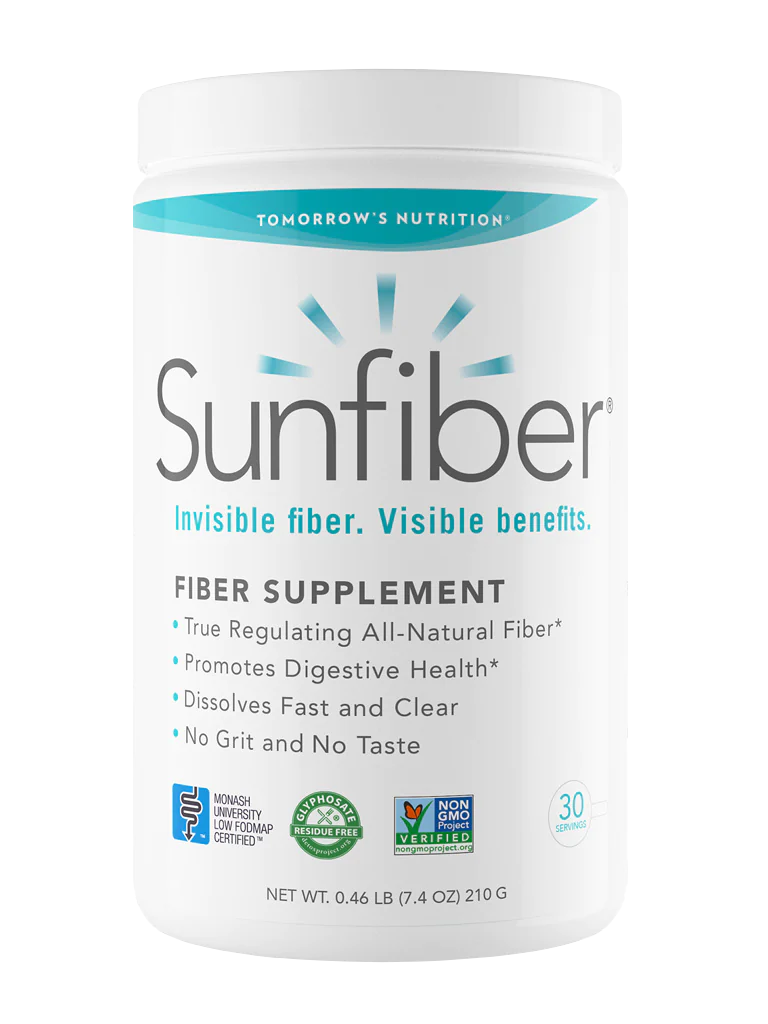If you have severe food sensitivities causing gas or bloating, or have been diagnosed Irritable Bowel Syndrome (IBS), your healthcare professional may suggest that you try what is commonly called a low-FODMAP diet. This may help you identify foods that can potentially trigger these symptoms so you may make wiser choices. Learn more about the low-FODMAP diet and how it can help you.
What are FODMAPs?
FODMAPs are a group of short chain carbohydrates that cause digestive disturbances with people, most notably those who suffer from IBS. This group contains carbohydrates and sugars that are either difficult to digest (malabsorbed) or rapidly fermented. This results in bacterial fermentation in the large intestine, causing excess gas, bloating or abdominal discomfort.
What is a Low-FODMAP diet?
A low-FODMAP diet is basically a screening, or elimination program, not a long-term diet. It is used to help you discover which foods are triggering your gas, bloating or Irritable Bowel Syndrome symptoms, then learn how to avoid them.
Overall, the FODMAP dietary program has been shown to help reduce the symptoms of IBS compared with the standard of care, which is great for people who suffer from the pain, gas, and bloating associated with this condition.
But the program can be difficult to follow and the elimination phase is low in dietary fiber. Sunfiber is certified low-FODMAP so it is perfectly safe and appropriate to use as you are trying to identify specific food sensitivities.
Three steps toward more comfortable eating
Determining which FODMAPs trigger your symptoms may require some trial and error. That is because everyone’s microbiome is unique. For some, it may be garlic and onion. For others, it may be wheat.
The screening involves three steps:
- Exchanging high FODMAP foods for low-FODMAP alternatives for several weeks.
- Reintroducing one FODMAP at a time
- Personalizing your diet based on what you can and cannot tolerate.
While this is a highly effective strategy for identifying food sensitivities, there are no guarantees. The FODMAP experts at Monash University estimate that about ¼ of IBS sufferers may not experience symptom improvement while on this program.
Who should try the low-FODMAP diet?
A low-FODMAP diet may be recommended for anyone dealing with persistent gas or bloating from food sensitivities.
Millions of Americans have trouble digesting FODMAPs, a category of short-chain carbohydrates. They suffer from visible tummy expansion, bloating and other uncomfortable symptoms. Healthcare professionals are finding that a Low FODMAP dietary program is particularly useful for addressing symptoms of Irritable Bowel Syndrome (IBS).
Do you already suspect a specific food sensitivity?
Especially if you pay close attention to your body’s response to certain foods and meals, you may already have a good idea of what may be causing your GI distress.
Common high-FODMAP foods include, but aren’t exclusive to:
- Fruits: such as apples, pears, mangoes, figs, cherries and watermelon
- Vegetables: garlic, onions, mushrooms, cauliflower and peas
- Beans and legumes: split peas, baked beans and red kidney beans
- Grains: rye and wheat
- Processed meats and foods that contain onions and garlic in marinades and sauces
- Most dairy products
Common low-FODMAP foods include but aren’t exclusive to:
- Fruits: blueberries, cantaloupe, kiwi, grapes, oranges, pineapple, strawberries
- Vegetables: green beans, broccoli, carrots, corn, lettuce, tomatoes
- Beans and legumes: peanuts, pecans, macadamia nuts
- Grains: rice, quinoa, oats
- Animal proteins: meats, poultry, fish and eggs
Always consult a healthcare professional before embarking on a low-FODMAP dietary program, because you may be cutting out common food groups, and missing out on essential micronutrients and macronutrients.
Have more questions about if a low-FODMAP diet is right for you? Leave a question below!



0 Comments